A personal-ish essay-like piece on state violence in Kenya and parental violence in Africa
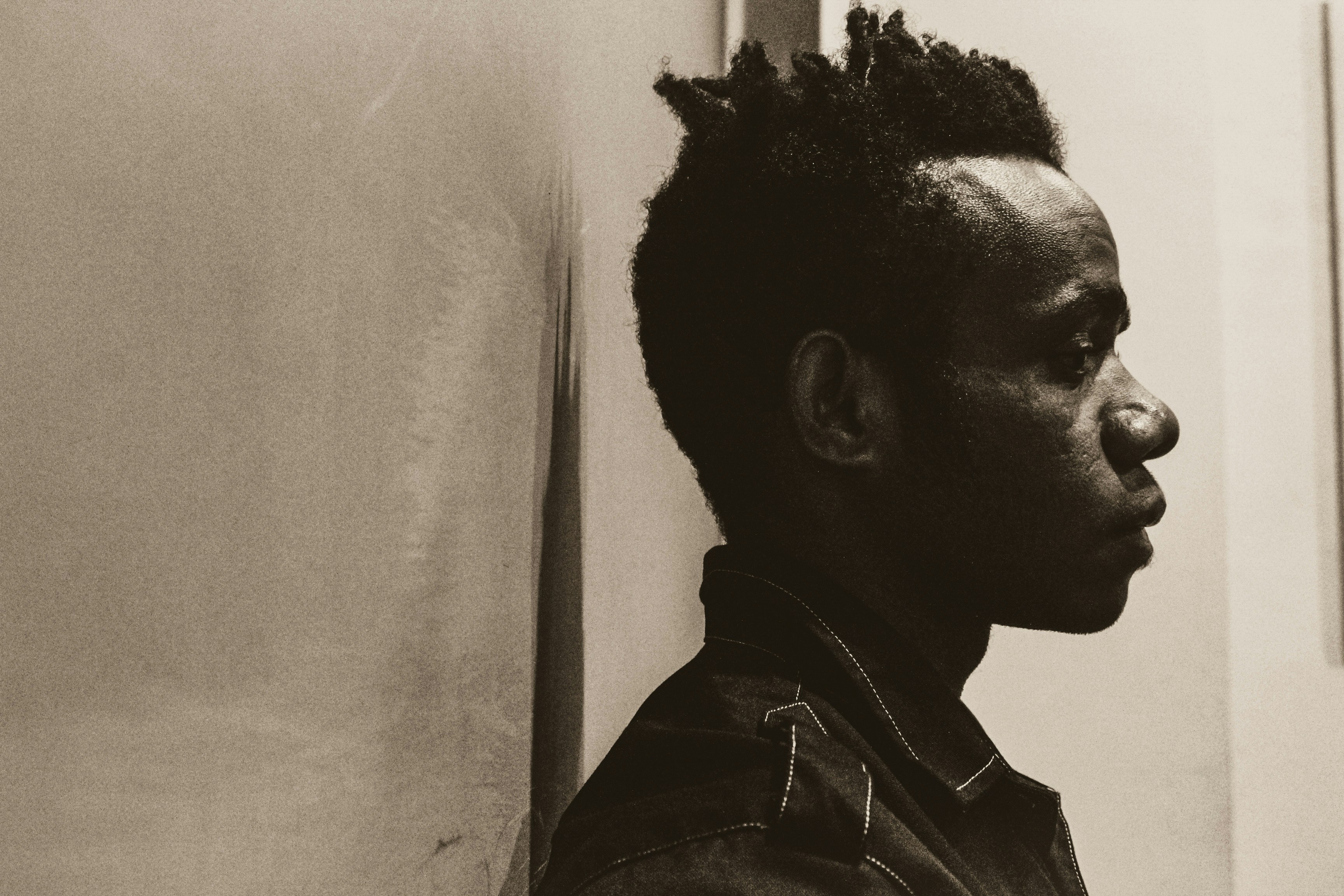
For many of us, the last time we felt comfortable to voice our needs and frustrations with authority figures, loudly and without shame, was during our infancy. A baby knows to cry when something is not suited to them; they have no qualms about centering their needs within the household by crying for hours on end. The past few weeks have seen the youth of the nation tagged as everything from treasonous criminals to beloved sons and daughters. Young people like us have been gunned down, abducted, arrested without cause for speaking up about our needs and holding the people who claim to represent our interests accountable. In this essay, I will speak to violence that starts within the home towards children and how this violence grooms us for the suffering we experience under state violence. Finally, I will speak to the personal sense of doom I’ve been experiencing while processing the grief I’m experiencing due to the deaths of Kenyan comrades and the continued abductions and arrests without cause.
Spanking your children is abuse. It may be difficult for people to grasp this idea having been exposed to this kind of punishment throughout their childhood, but it is the bitter truth of the matter. Abuse is defined in many ways. It can be a corrupt practice or custom as indicated by the arbitrary ways in which parents and guardians determine when and why to spank their children. How many times were you or someone you know beaten for something benign, such as forgetting to thaw food from the freezer or playing outside with your friends past an agreed curfew? The corruption of spanking lies in the fact that being beaten for a mistake is a conjured consequence. MJ Voice It’s BS; they made it up. Think about mistakes made in childhood: each one has its own natural consequence. You spill milk, the milk needs to be cleaned up. You lie and are discovered in your lie, you need to own up and tell the truth. Any added consequence is due to imagination and the power parents and guardians hold over their children. Because of the ingrained nature of colonial imagination, parents believe that meting out violence on their children will instill within them the sense of right and wrong and the ability to make better decisions in future. Laughably, the result of violence is far removed from this intention. We’ll talk about that later in this essay.
Abuse can be language that condemns or vilifies, usually unjustly, intemperately, and angrily, as is the case in many beatings meted out on children. It can trigger a post-traumatic episode, remembering the names and curses that are rained down upon as teachers swear, during canings, that we are empty-headed and that we will never amount to anything. In fact, this aspect of abuse can be translated into emotional manipulation, which we will expound on shortly. “Si wewe ni good girl?” I’d often be asked in childhood. And I would heartily agree, because to be a bad girl meant exposure to violence. To be a bad child would mean to be a child separated from the presence of loving community. To be a bad child would mean being deserving of the wrath of an authority figure.
Physical maltreatment is also abuse, perhaps one of the more obvious definitions that most people can agree on. Why is the beating of children’s bodies left out of this comprehension? Before you get to beating, you find pinching, slapping, shoving, restraining, starving, force-feeding and all sorts of ways children’s bodies are oppressed through the violence of a guardian. Following a beating, welts are left on the bodies of children. They were left on my body. The wonderful girl from Kisii, Joyce Otuke, who opted out of life, following sexual assault, and severe beating and humiliation is the tragic symbol of all children’s suffering. Our bodies are used as the site of violence for authority figures to assert their power and oppress us. Many of us actually have parents with scars that they can attest to have come from a particularly brutal encounter with our grandparents’ wrath. Many adults still flinch when the people around them move unpredictably; the memory of a household item being weaponized against them lives on within their bodies.
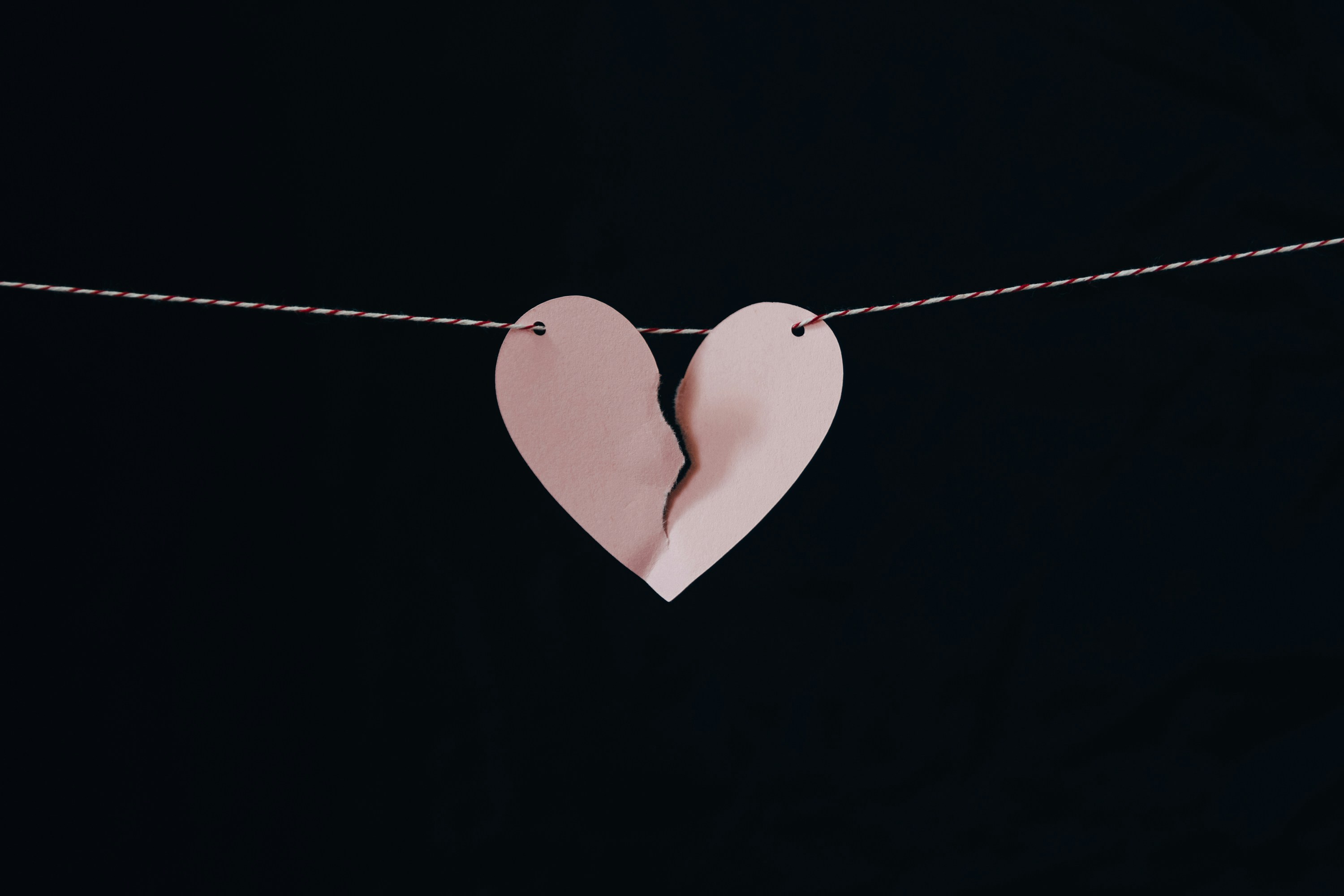
Finally, spanking is also emotional abuse. My own parents would tell me they loved me before beating me, as many other people I know have experienced. According to Psychology Today, emotional abuse is a pattern of behavior in which the perpetrator insults, humiliates, and generally instills fear in an individual in order to control them. Parents and guardians use spanking to control their children, not to teach them how to be better people. If this were the case, the wrongdoing would be explained in terms that a child can grasp and then ways of rectifying this behavior would also be discussed and supported, not through violence, but through steady emotional support, like checking in when a child is struggling. People don’t talk about it much, but being beaten is humiliating. Cowering before the cane strikes makes you feel like an animal. Crying in front of the people who have harmed you feels like your wounds being torn bare in front of bloodthirsty monsters. The stinging, bruising and/or bleeding that accompanies a beating is shameful because it is an indication of harm that many of us cry. On many occasions, I’ve heard of parents who would deliver further beatings to their children if they cried too loudly during a beating. Or even before a beating, if a child was crying disproportionately in comparison to an event, a parent would sternly and cruelly utter, “I’ll give you something to cry about.”
Alright, we have covered the darkness of parental violence and child abuse. Congratulations if you’ve made it to this part of the essay: it gets worse. Psychologically, the worldview of children functions to protect them from the chaotic nature of existence. Having been born in Eldoret, my mind has locked away many of the horrific things I witnessed during the post-election violence of 2007/2008. By the time my family had escaped and moved to Nairobi, I mostly felt sad about the friends I’d lost and the possessions I’d left behind more than the political and tribal violence I’d experienced. In this way, children blame themselves for the negative events they experience; their worlds revolve around them. Before they get older, the cause and effect nature of the world, its systems, and the behavior of adults is outside of their grasp. This capacity is only enhanced through the way children are raised to understand that they do not exist in a bubble, but within a community, within a society, and within global structures which impact everything from their culture to their religion (if any) to their economy.
Children are at the center of their worlds and this is why any events within these worlds take on a very personal nature for them. Thus, no child can understand that a beating is a conjured/invented consequence. They end up believing that they are being beaten because they are bad and because they deserve it. Children internalize the abuse of their parents because connection to their parents is essential to their survival in the world. If they even entertained the thought that “what is happening to me is not right,” their worldview would begin to crumble. The idea of a parental/authority figure being wrong is an existential threat to a child.
This realization is made only more tragic by the fact that children’s impulse control is undeveloped. That is, children often cannot control their urge to do something, even when they know that that thing isn’t beneficial. So imagine this: someone with nonexistent impulse control believing they deserve to be abused for something they have done without intention and that the person meting this abuse must be honored and regarded as good for the sake of an intact worldview. It is more than tragic; it is sinister.
So, we grow up. We begin to grasp the realities of the worlds in which we live. We begin to understand our personalities and hopefully shed the identities which have been placed on us against our will. We begin to recognize our power to hold authority figures accountable. We begin to understand that we are in fact human. And in the realization of our humanity, we took to the streets, lending our voices and bodies to the movement rejecting the Finance Bill, and the corrupt government. At first, the group was small in its hundreds. But, something in that group resonated with the rest of us and so we took to the streets, eventually occupying Parliament.
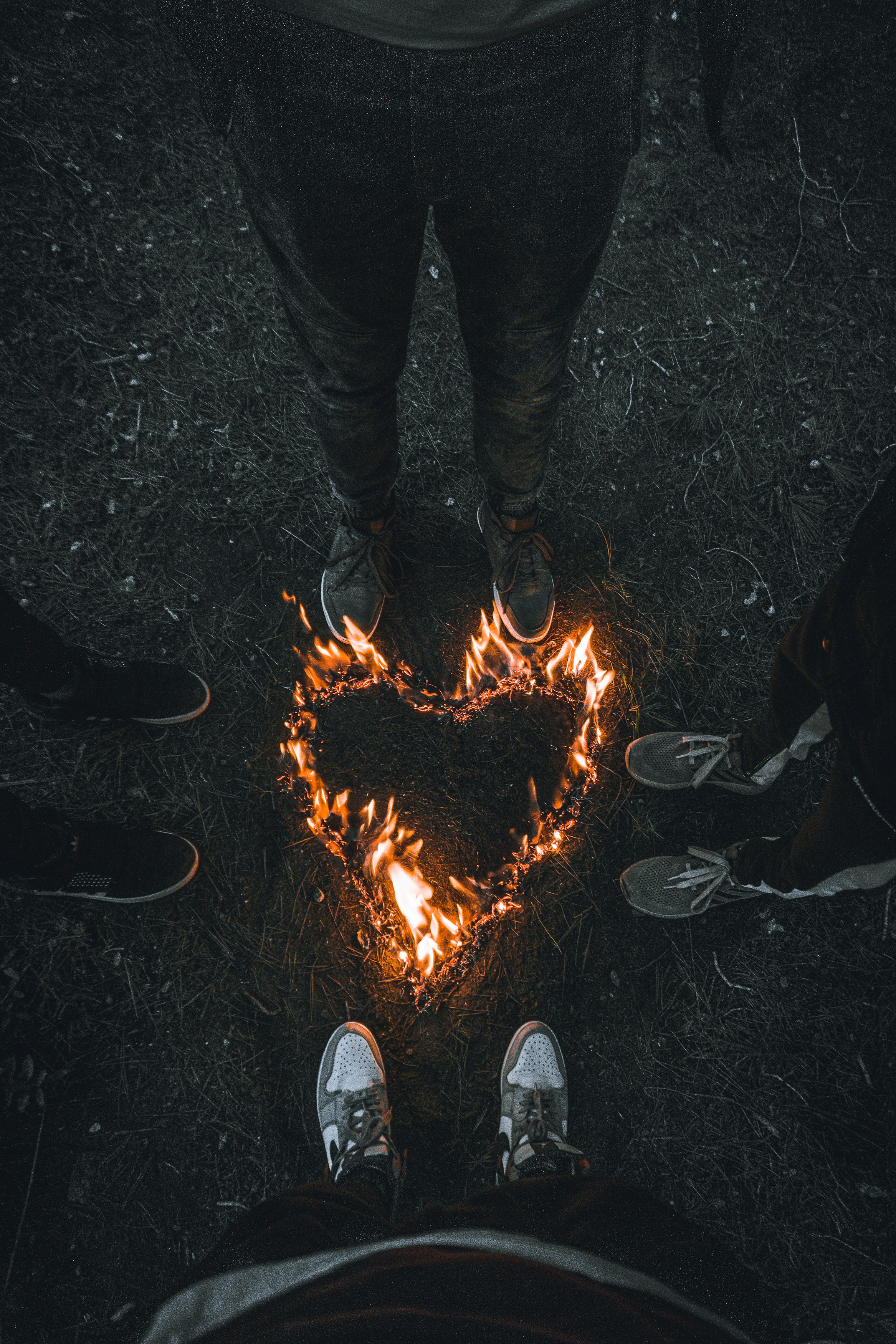
25th June 2024 is a day that will live on in the collective memory. The blood of protestors was shed in different parts of the country, but notably at the very gates of Parliament, the gathering place of Kenya’s legislatory body. The grief hit and has not left my body, despite the current floundering of the government to appease the people and distract the majority from our cause. Calls to dialogue have been met with graphic reminders of the lives that were snuffed out by the police on that day and the days since, without any resignation from government figures. The wounded still lie handcuffed at national hospitals. And the abducted live with terror, or die far from their loved ones, tortured.
Violence is the only language this state knows how to speak, if its mouth isn’t already full of lies or zipped shut in silence when called to be accountable. “Good” children know how this game goes: even the deaths of protestors are blamed on the protest, instead of police brutality. Only yesterday, July 17th, protestors were arraigned in court for being drunk and disorderly, a false charge. The group of more than 100 limped into court, bearing bruises as evidence of further brutality, destroyed phones in hand. They were released on cash bail of KES500. The made-up charges bore further conjured consequences. Advocates on the scene commented that a just judge would have recognized the illegitimacy of the charge and released the protestors without bail. But, how would the “bad children” know they had been bad if they didn’t endure violence?
Every arrest, every presser, every abduction, every death is meant to reinforce the idea within us that we are doing something wrong. It is meant to manipulate our emotions and behavior to align with expected norms, to allow everything to go back to normal. We reject that notion, even as we battle the grief and conflict it can inspire within the mind of us children-become-adults still bearing physical and psychological scarring at the hands of our parents and guardians.
As Kenya stands right now, the work of imagination requires our attention. The state is using tools that it knows we are attuned to, and so within these battered bodies, we have an opportunity to fish out possibilities from the impossible set of circumstances which have beset us. For parents, this moment in our history presents an opportunity to cease priming your children to be amenable to state violence and police brutality. For children-become-adults, our rebellious selves, those who are able to deal with natural consequences and even innovate ways around our parents’ conjured ones, are here with us even now. There is a will within us, to see our land thrive, to see her people well taken care of without fear of violence, and to see those who grasp for the chance to lead and govern execute that work with expertise, community-centeredness and the ability to be told when they are wrong. We will see our will made manifest in Kenya.
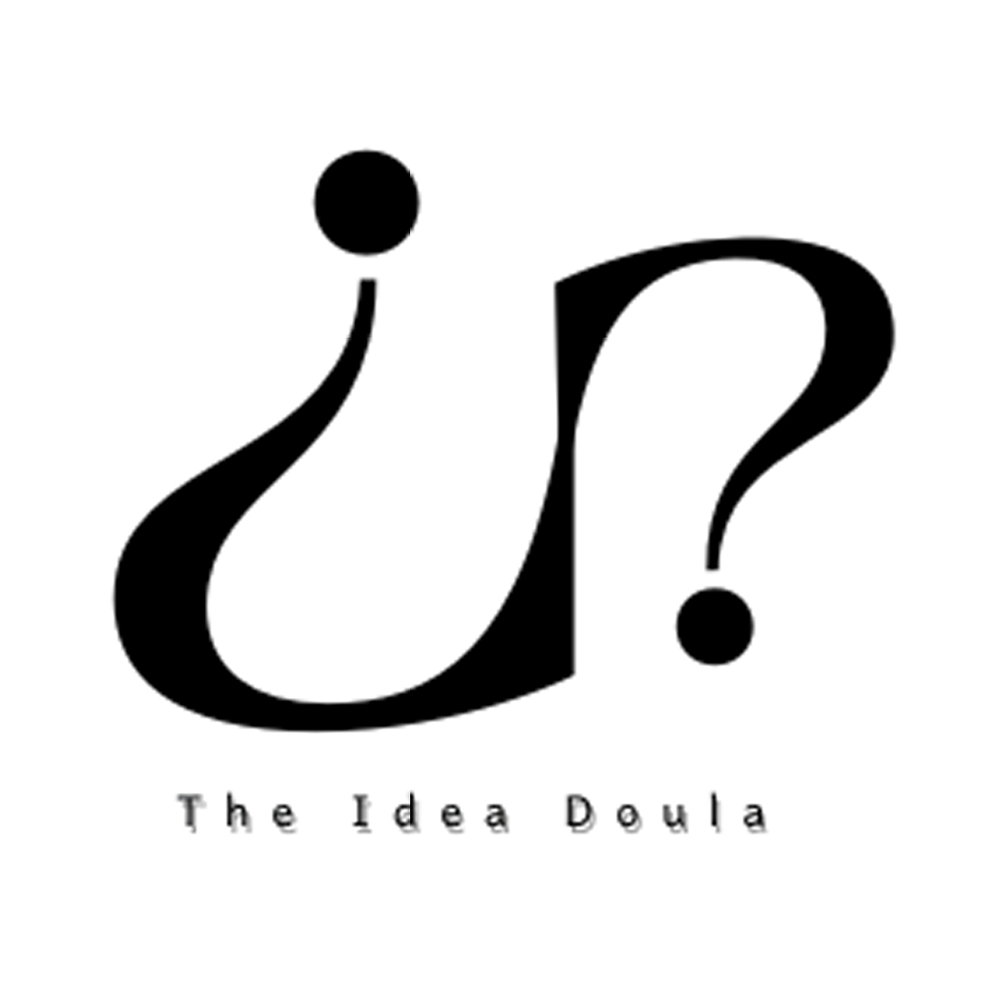
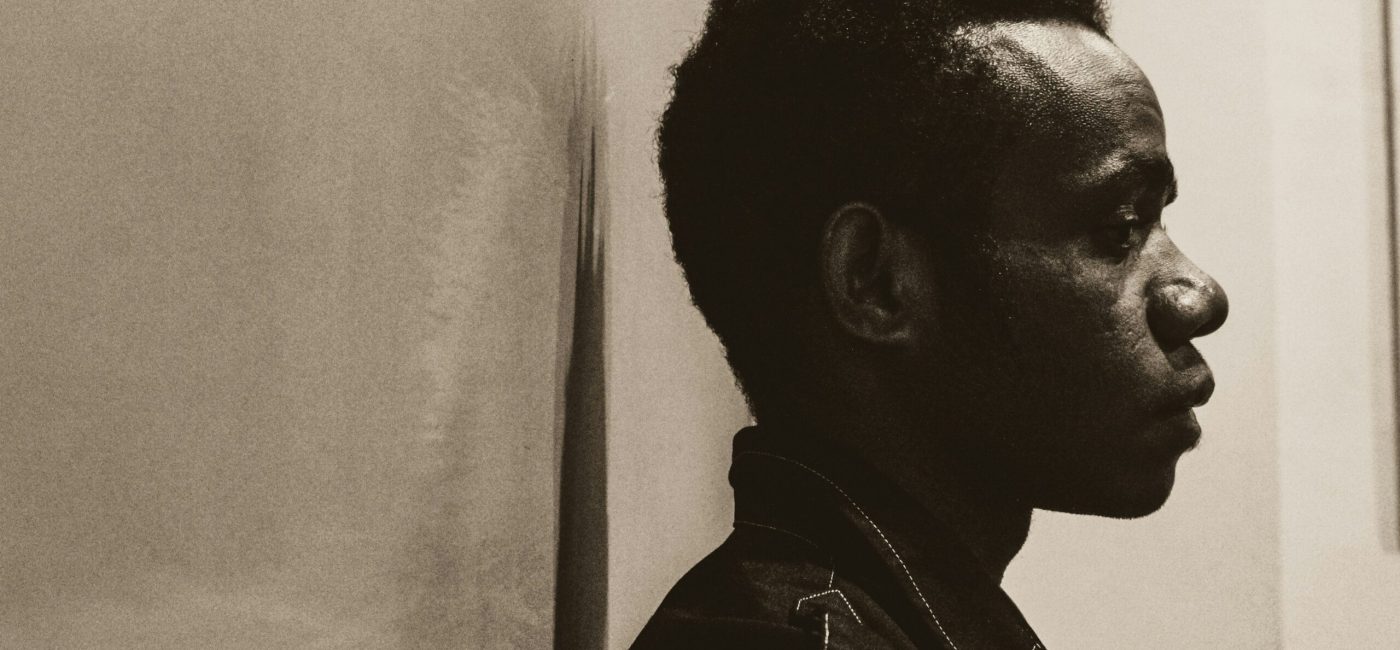
7 Replies to “We Are (Not) Your Sons and Daughters”
this is not an easy read — several breaks, warm drink, many tears; i can’t imagine it was easy to write. but, thank you thank you thank you 😭 thank you for shining this light. ok, time for more crying–
like, i wept while writing it. i wept after hitting publish. it is not easy at all. thank you for witnessing these broken pieces of my heart. thank you for reading. it means so much to me. 💔
💔 thank you for sharing, for seeing and saying these pieces of our broken collective heart. may our tears wash away the Old Wold, and water the seeds of free, fair, loving lives we’re planting 🕯️
i am grateful for this, all. my prayer to this land remains: huku ni kwetu, sisi ni wenu. may the free (continue to) make others free. shukran sana
and so it is 🫶🏾 thank you too!
This essay has hit me so deeply, those childhood wounds are so deep-seated no matter how removed you are from them.
Thank you so much for sharing your gifts with us Grey, I can’t wait to see the next one❤️❤️
thank you for reading. i’m sorry for the wounds, but i’m glad it resonated. it’s a healing thing to share in suffering and to move forward|thru with community.